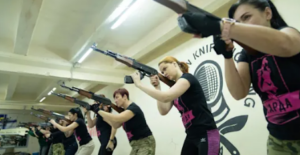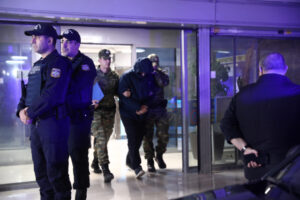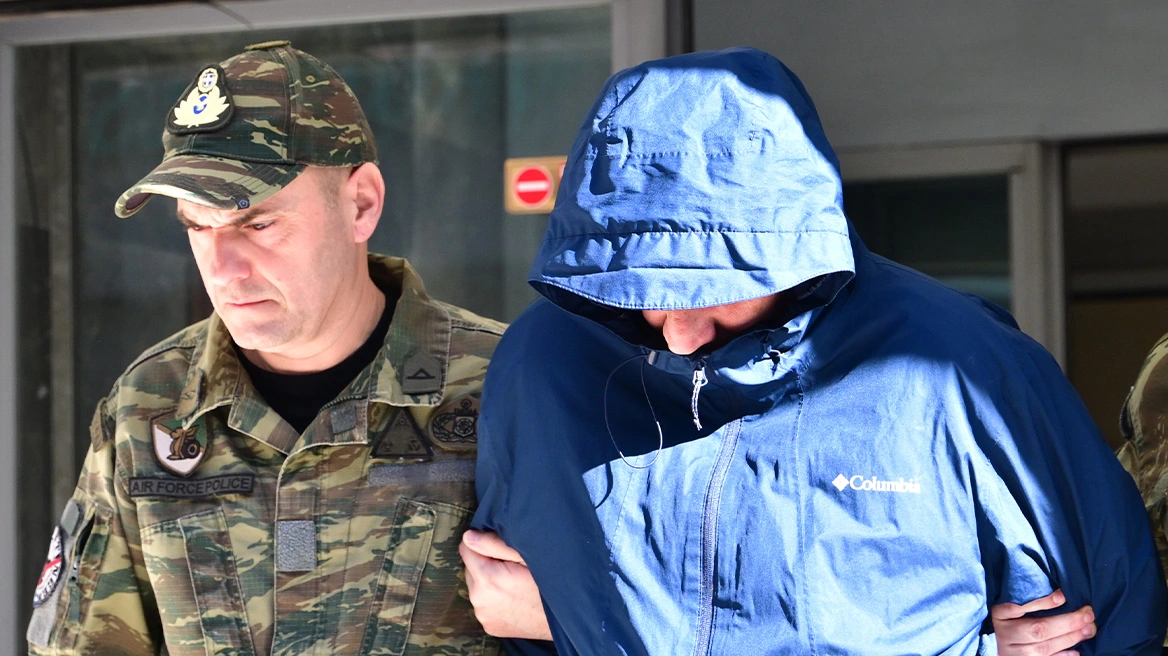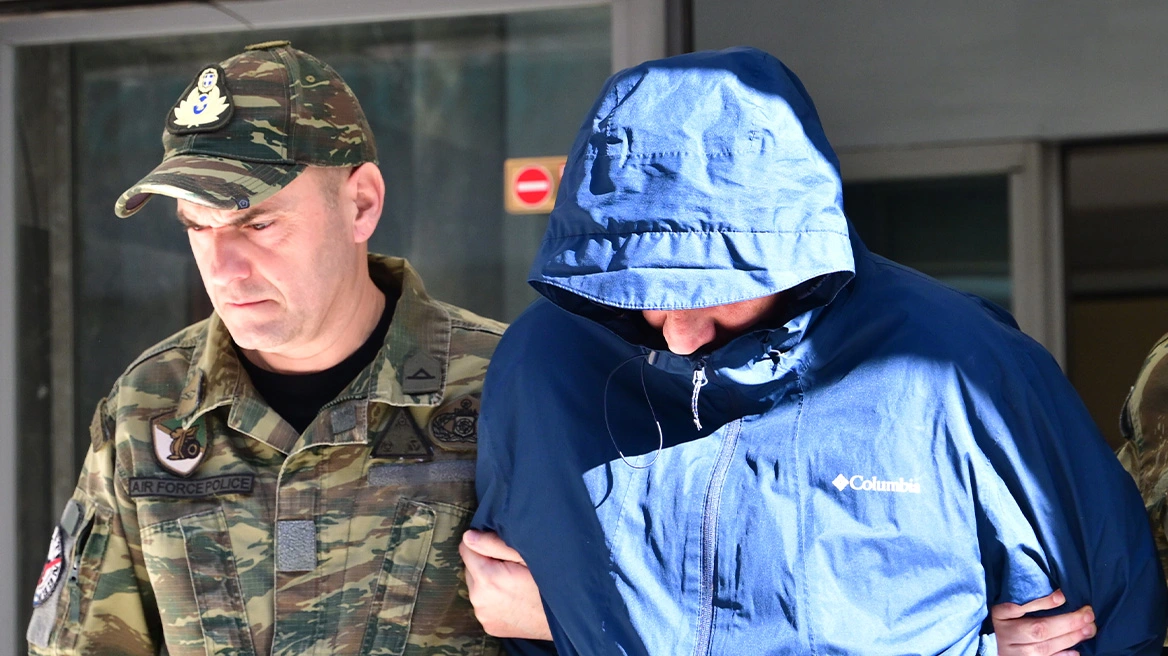The table tennis coach, the chaplain’s wife, the dentist and the firebrand nationalist have little in common except a desire to defend their hometown and a sometimes halting effort to speak Ukrainian instead of Russian.
The situation in Kharkiv, just 25 miles from some of the tens of thousands of Russian troops massed at the border of Ukraine, feels particularly perilous. Ukraine’s second-largest city is one of its industrial centers and includes two factories that restore old Soviet-era tanks or build new ones.
It’s also a city of fractures: between Ukrainian speakers and those who stick with the Russian that dominated until recently; between those who enthusiastically volunteer to resist a Russian offensive and those who just want to live their lives. Which side wins out in Kharkiv could well determine the fate of Ukraine.
If Russia invades, some of Kharkiv’s 1 million plus people say they stand ready to abandon their civilian lives and wage a guerrilla campaign against one of the world’s greatest military powers. They expect many Ukrainians will do the same.
“This city has to be protected,” said Viktoria Balesina, who teaches table tennis to teenagers and dyes her cropped hair deep purple at the crown. “We need to do something, not to panic and fall on our knees. We do not want this”.
Balesina recalls being pressured to attend pro-Russia rallies during the protest movement that swept Ukraine after Russia attacked in 2014 — a year that utterly changed her life. A lifelong Russian speaker born and raised in Kharkiv, she switched to Ukrainian. Then she joined a group of a dozen or so women who meet weekly in an office building for community defense instruction.
Read more: Air Force Times
Ask me anything
Explore related questions





